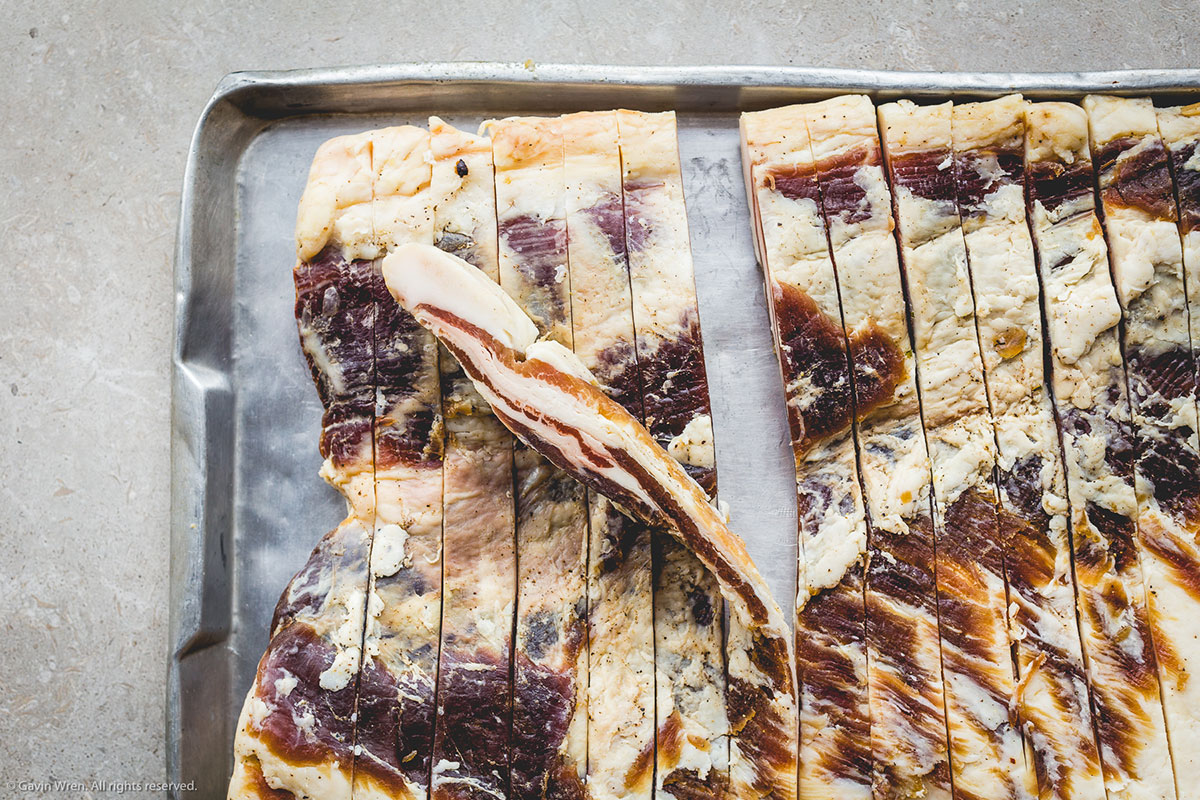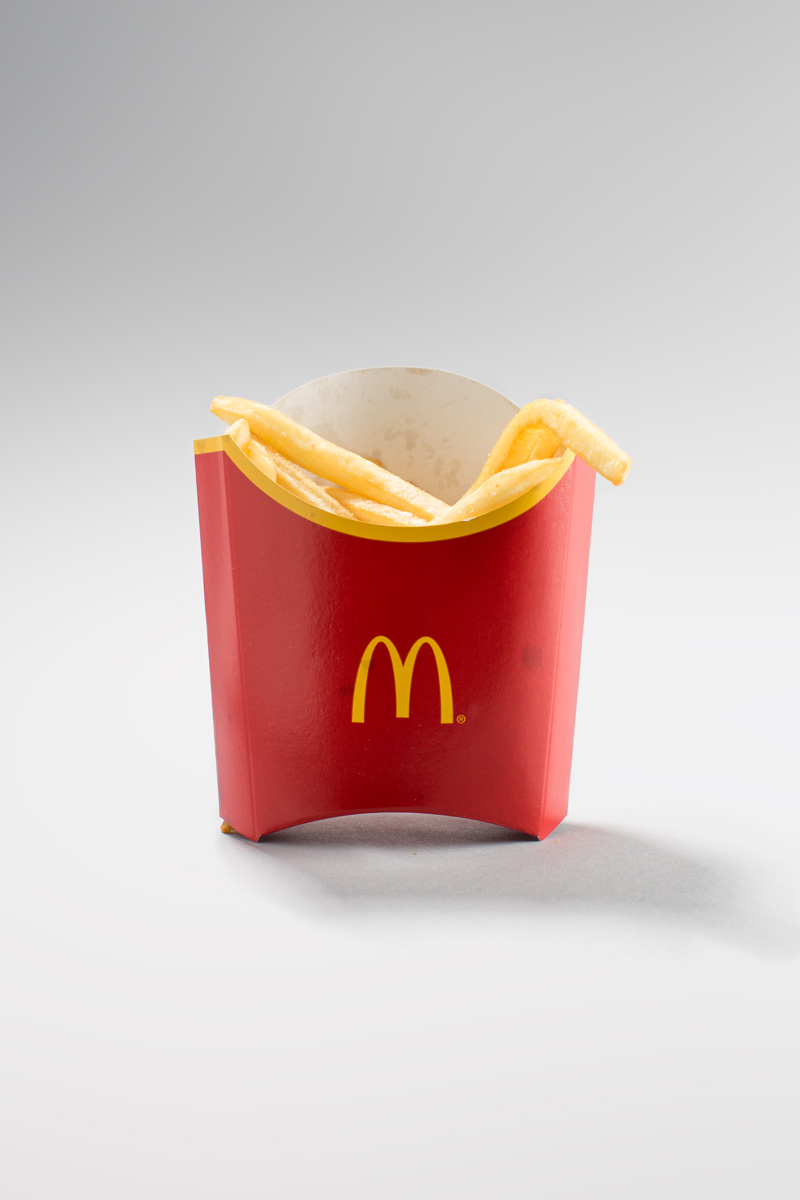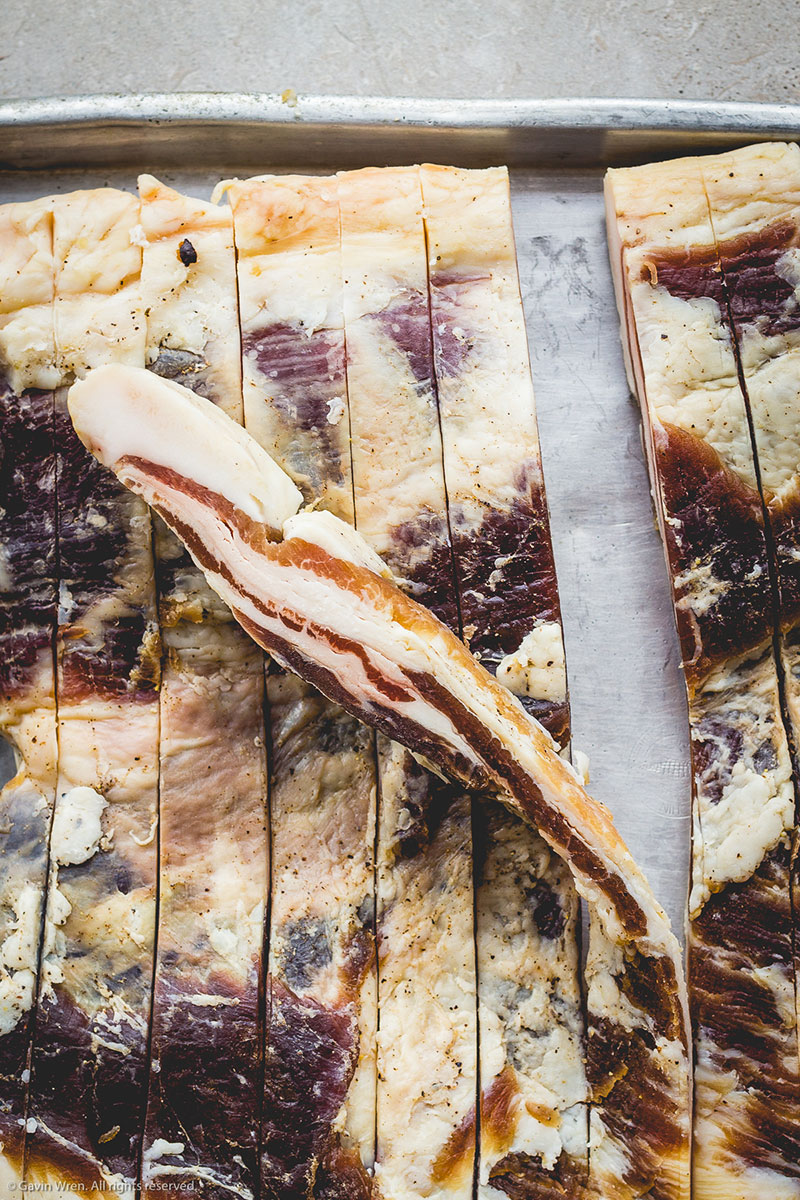Continued from Part 5 — ‘Rural Meat vs Urban Vegan’

The majority of the UK population don’t care where their meat comes from, as long as it’s cheap. The average UK shopper buys food based on price, not quality. Many of you probably understand the issues around meat, therefore I’m preaching to the converted and these very words are lost in the foodie bubble of “we need to do this” and “we must to do that”. Blah blah, bloody blah.
Is my exploration of meat, of being an ‘ethical carnivore’ little more than a bourgeouis hobbyist interest for the middle classes?
Louise Gray’s book of the same name took a far greater leap into this world than I have been able to, a fascinating and beautifully written journey, yet, as with my own investigations, it leaves me wondering on a larger scale, how does any of this change the society we live in?
It adds to the conversation of woke foodies, but as the marginal sales figures of high welfare products such as organic show, the 95th percentile of food buyers are not listening or reading, they simply could not give a damn.
Through the experience of meeting, then butchering Theresa, the cognitive dissonance has eased and I feel more comfortable with eating meat. Killing animals is fundamentally acceptable, a point which many will disagree with ethically, but there’s more to this issue than the ethics of physical harm and keeping the debate that narrow is a reductionist argument.
Focussing on harm overlooks the benefits that animals brings to our environment, they are a vital part of the ecology of the planet. We can all agree that consuming the current levels of cheaply produced meat is harmful, however, at the other end of the scale, removing farm animals entirely would have undesirable effects upon the environment. A small amount of livestock is a fantastic thing and reducing this discussion to an ethical issue solely about physical harm ignores another fundamental ethical responsibility — to the environment.
What’s more important? The life of an animal, or the perpetuation of the health and diversity of our natural environment?
Meat plays a pivotal role in the continued evolution of the human race. Animal agriculture is a healthy part of a well-rounded environment and an intensely nourishing diet. Turning my back on that and adopting a vegetarian, or worse, vegan lifestyle would be sheer folly. Equally, mindlessly pursuing cheap meat to the detriment of animal welfare and the quality of meat, or the sustainability of the environment we live in, is a grave error.
Killing animals is not an exciting prospect and I respect the ethical argument against it. I’m yet despatch an animal with my own hands, but I do not wish to avoid it either. When animals die for us, it should be with respect and honour, which makes a mockery of how meat is predominantly reared and supplied to us today.
Diet needs to be accepted as a place of grey areas, rather than somewhere to seek absolute yes/no decisions. Absolutism tarnishes our thinking about food, from the young me who believed meat was essential at every meal to restrictive diets that eliminate balance.
From deleterious GM monocultures to an insistence that the entire world should adopt permaculture, there is no absolute correct answer.
This nuance causes confusion. Our brains seek comfort in obsessively pursuing one course of action, hence the popularity of quick-fix diets, rather than attempting to deal with the confounding complexity presented on a daily basis.

The food world abounds with oppressive rhetoric of ‘needs’, ‘musts’ and ‘shoulds’, the kind of language guaranteed to bring up the petulant child in the best of us. When it comes to meat, the common narrative is that we should eat less, or none of it.
The answer?
Eat whatever the hell you want. Meat or not, vegan or not, do whatever feels right.
Sounds anarchic, eh? Well, yes, it does, but only because we’ve got a messed up relationship with food. We innately know what to eat, if we just listen to ourselves. We don’t need the machinations of big business channelling eye-catching messages down our throats for food which should only constitute a small part of our diet.
Nor do we need chicken shop boxes of prostituted protein, deep fried and dripping with fat being the default on-the-way-home-from-school dinner.
If you put a load of kids in the big brother house and let them eat whatever the hell they want, they end up eating a fairly balanced diet. The big caveat is that they need a healthy supply of food to start with. Herein lies the crux of the problem — we don’t have that healthy supply.
This isn’t a tirade against capitalism, because business supports the benefits that industrialisation brought us. However, food needs to be represented in our society with balance and equality, it needs to demonstrate fairness and distinction for the hard work gone into producing it. If the food we are sold is inherently healthy and sustainable then we don’t need to worry if people are getting murdered in Asia to provide a £2 prawn mayo sandwich.
We can make good decisions, if the organisations that put food into society facilitate that. There’s nothing inherently wrong with you, regardless of your situation in life, the problem is that we are not given the chance to make good choices.
From the food bank user who is given a plastic bag full of crap and expected to be grateful, to the affluent supermarket shopper who doesn’t realise they’ve been nudged and cajoled into making multiple decisions before they’ve picked up a product — our ability to make choices is severely compromised.

Why do we subsidise meat production, not carrots, and advertise ice-cream, not eggs?
Uber-eats infest social media, reminding us that McDonalds is delivered in thirty minutes and the food porn of Instagram twists our minds into believing that people are eating vegan rainbow pots of colour that cost £18 each to make, or a mind-bendingly droolworthy dirty burger that has us salivating onto our smartphones, with the middle ground between these poles being as popular as Katie Hopkins.
This barrage of data infiltrates our thoughts and choosing what to eat becomes hard work. It becomes easier to rely the information piped into our minds, rather than trust ourselves. Hence the sheer brilliance of marketing, it saves time and energy, by making decisions on our behalf. Yes, even you, the clever one who thinks you’re impervious to it.
Therefore, eat whatever the hell you want and don’t let anybody tell you any different. Stop listening to your vegan friends, your carnivorous parents, the posters at the bus stop and the adverts on social media. Tell them all to get screwed and listen to only one voice, the voice that’s inside you.
Listen to your body and use your senses. Follow your nose.
Look out for your intuition and follow your gut instinct, because ultimately, that’s where the food is going to end up. Regardless of whether it’s meat, vegetables, fruit, grains or chocolate, it’s the one place which truly knows what is best for you.
Ultimately, this isn’t about whether eating meat is right or not, because that’s yet another personal opinion, which is your choice to make. It’s solely up to you, just like I have chosen to continue eating it.
Agency — the ability to act and make chioces — is the message that I hope that you take away from this article. It is vital to understand that you do have a choice, that you are an agent of change in your own world, that you can do whatever the hell you want.
Therefore it is vital to use that choice wisely, and most importantly, please don’t let anyone tell you what to eat.

